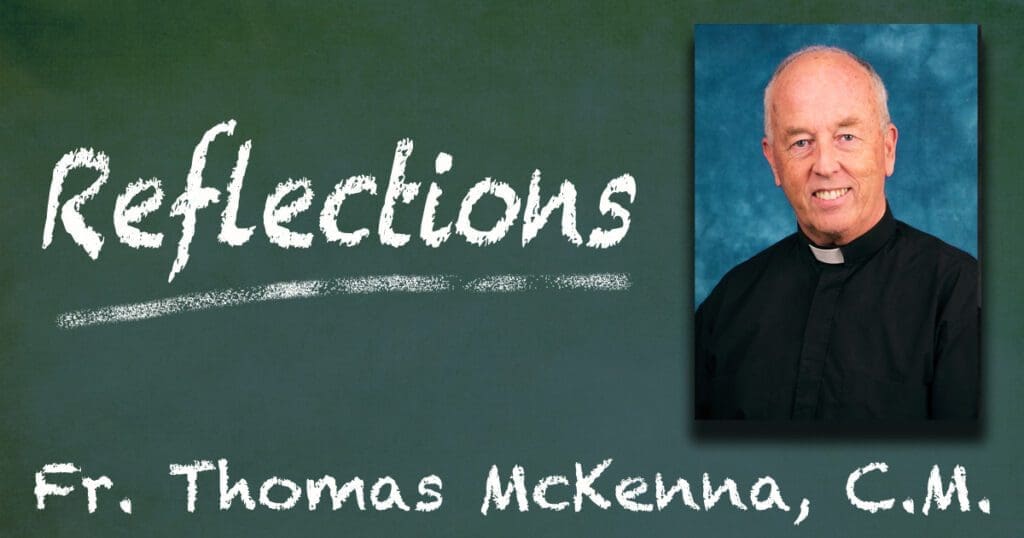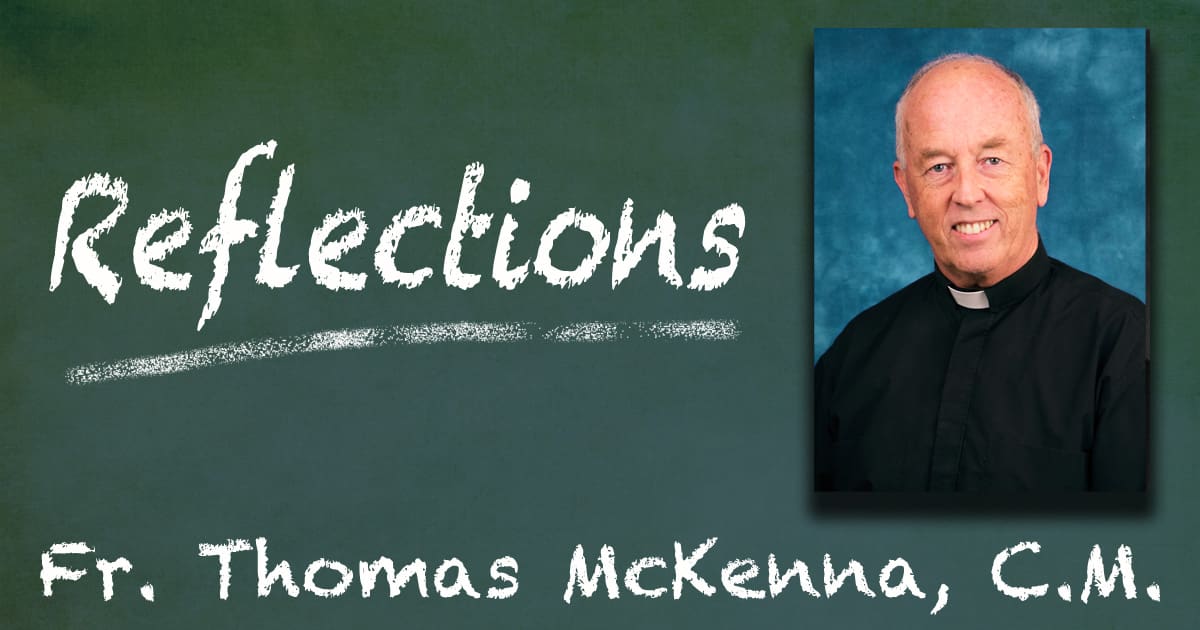More Than (Matthew 20:1-16)
There’s an ancient (1964!) song entitled “More Than”– More than the greatest love the world has known/ this is the love I give to you alone.”
There’s something in these two words, “More Than,” that can open us to the revelation about His Father, God, that Jesus conveys in his parable about the workers in the vineyard in Matthew’s 16th chapter.

Let’s place ourselves in the mud streaked shoes of those farm workers who got hired just as the sun was coming up. Most likely they were grateful: “So many people out of work and here we are the first to be hired. And at a fair wage too, that one denarius.”
Their hours in the field pass by. But throughout the day and particularly in the early evening, they notice the plantation owner signing on other pickers to join in the harvesting.
Sweaty and exhausted after their ten hours in the sun, these first hired ones line up at the pay window, proud of themselves for doing a good day’s work, eager to get their one denarius, and indeed grateful for it.
But in a short while, they begin to notice that the owner has handed out that same pay, one denarius, to all the other workers — and even to those come-latelies who showed up right before closing. This is more than they can comprehend. “These latecomers who didn’t put in one tenth of what we did, getting the very same pay! Besides its unfairness, it doesn’t make sense. It’s as if the owner is off in another world.”
Life in that other world is just what Jesus is portraying in this off beat and even subversive parable.
In the Kingdom of God, Jesus signals, things move according to a whole other rhythm. It’s a world of generosity, over-the-top giving, boundless favor, unmerited and freely bestowed. And holding up this new order of things is none other than His own Father, Jesus’ Abba, the one who Himself is limitless mercy and undying love.
This is a seismic shift to a whole other scale for measuring the meaning of a fair day’s wage. It is the world of “More Than” — more love and compassion than we can imagine, more mercy and forgiveness, more understanding and acceptance than we can even think possible
This story of these late-in-the-day farm workers who were paid so lavishly is the story Jesus wants to tell about His Father’s nature and essence, about who God really is. Jesus is portraying his Dear Abba as overflowing love and concern itself, as the font of all generosity, as the perpetual giver who never stops giving.
Much in this spirit, Vincent proposes the Father’s love as a focus for prayer. “Today the subject of our meditation is the Love of God and the reasons we have to love God. Alas,…We don’t have to go outside of ourselves to look for many reasons to excite us in this love! We don’t have to go outside ourselves to find any; we have only to consider the good things He’s done for us and continues to do for us daily. And to oblige us even further, He had commanded us to do it. You see that this subject of itself sets our will afire. When at meditation, the soul is immediately set afire, what need is there for reason? (Volume: 11 | Page#: 234-5) Repetition of Prayer added on 6/28/2011
Of course, Jesus doesn’t end the lesson with this story. Literally He fleshes it out with His own body and blood, freely given in love for the salvation of us all. If there ever was a “More Than,” it finds its home here in the life, death and Resurrection of this all merciful, all generous Lord — this very gift he keeps on giving every time we share in the Eucharist.







0 Comments